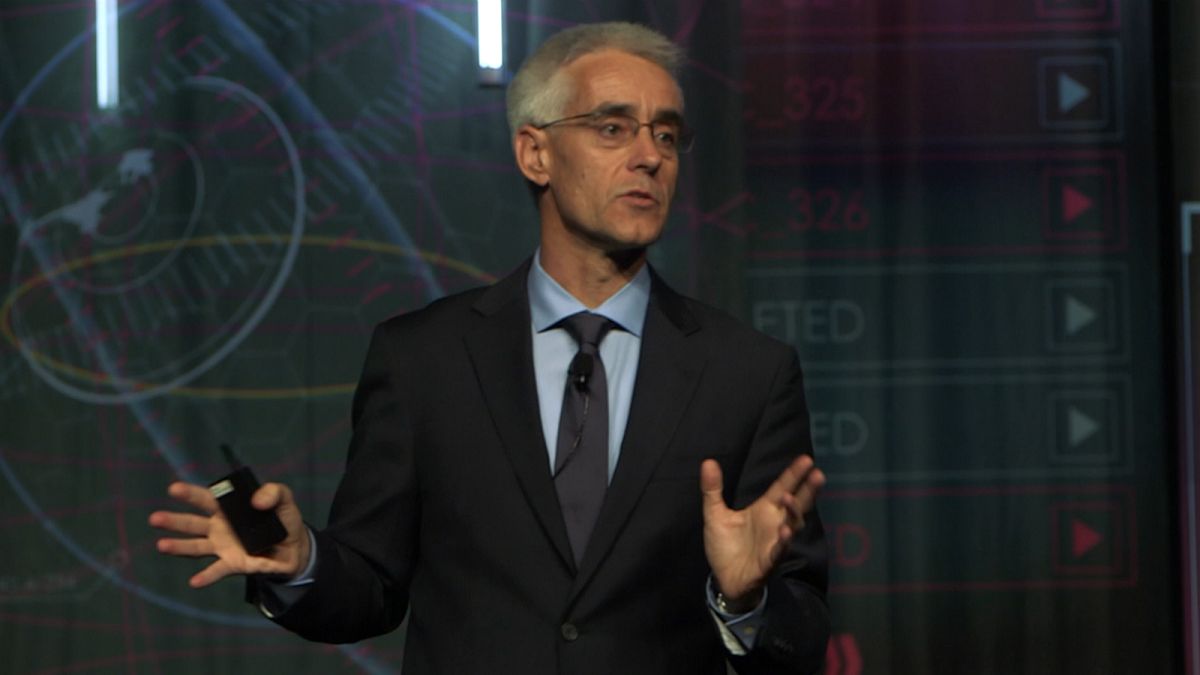The 38th edition of GITEX attracted tech leaders such as the Chief Data Officer of networking and jobs portal LinkedIn, Igor Perisic.
The 38th edition of GITEX attracted tech leaders such as the Chief Data Officer of networking and jobs portal LinkedIn, Igor Perisic.
During the event, Perisic joined forces with executives from Google, Alibaba and Microsoft for the opening panel speaking about how Artificial Intelligence is disrupting different industries. The CDO also spoke of the data-led processes playing a key part in bringing AI to the global economy.
In a separate interview with Euronews, Perisic says people should view AI as an opportunity and not a threat.
“A lot of individuals are worrying that AI is going to take jobs away and, in fact, it’s actually producing more jobs,” he tells.
Perisic encourages companies who are considering integrating AI systems into their existing businesses to educate themselves thoroughly with the technology beforehand. He says that companies shouldn’t presume that AI devices are “black box” systems which work completely autonomously or are too complex to understand.
“We have to remember that on the other side of AI is a person, a human being,” he says. “You have to be careful you don’t put some biases in place, that you build up the system with a certain level of fairness, and built-in level of transparency. A lot of individuals just forget that.”
With more than 3 million LinkedIn members in the UAE, Perisic added that the Emirates’ labour market was the most dynamic in the region and that the prospects for job growth next year looked positive.
Perisic also spoke about the recently established Europe’s General Data Protection Regulation (GDPR), and in particular, his role implementing the new rules.
“It was a pleasure working on it because it made us aware of the data that we have - and all the places that we have it - making sure that we had all the transparencies and controls around it,” he reveals, “Making sure that people are using that data for the right purpose, and with the right consent that we have from our members, that will always be central. Because in the end, we rely on people’s trust.”
